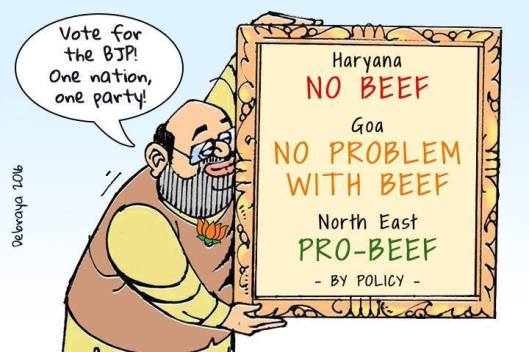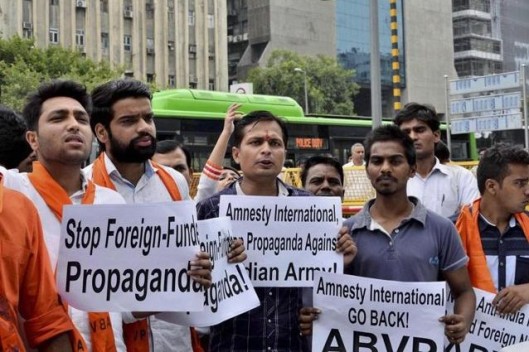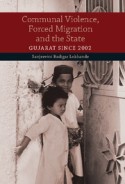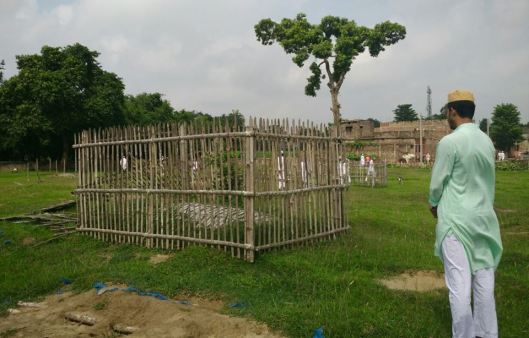On Friday, last week, Union Minister Ravi Shankar Prasad stated that the government of the day has given “proper sanctity” to Muslims despite the fact that they do not vote for the Bharatiya Janata Party. This statement is not just factually incorrect, but also contradictory to the party’s own previous claims. Indeed if the senior minister had spoken to his colleagues, he would not have said what he said.
Moreover, his tone and tenor is short of democratic language when he says, “…have we given them proper sanctity or not?” (Emphasis added.) Such language smacks of arrogance and contempt for constitutional rights and entitlements given to Indian citizens.
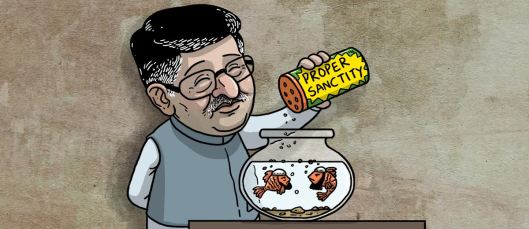
Let’s first examine the claim, “Muslims do not vote for the BJP”. If it is so, then how on earth have BJP national leaders like Atal Bihari Vajpayee, Shahnawaz Hussain and Raj Nath Singh been elected from Lok Sabha constituencies with substantial Muslims voters, if not “Muslim majority constituencies”.
Former Prime Minister Atal Bihari Vajpayee has been a Member of Parliament from Lucknow for five times without any gap, between 1991 and 2009. In fact, since 1991, all the Lucknow MPs have been from BJP. In fact, Union Home Minister Rajnath Singh is sitting MP from Lucknow, which has more than 20 per cent Muslim voters.
Similarly, for the first time when former Union minister and national spokesperson Shahnawaz Hussain entered Parliament, he did so by winning from the Muslim majority Lok Sabha constituency, Kishanganj (Bihar). Kishanganj has more than 55 per cent Muslim voters. Moreover, in the Bhagalpur constituency from where he got elected twice, first in the 2006 by-election and later in 2009 General Elections, has substantial number of Muslim voters. Not only that, if media reports and poll data are to be believed then a “large number of Muslims voted for BJP” in 2014. According to this report that cites CSDS data, “45 of the 87 Lok Sabha seats identified by the Centre for the Study of Developing Societies (CSDS) as having a high concentration of Muslim voters.”
Now let’s assume for a moment that Muslims don’t vote for the BJP. Does that mean the Union Minister and his party-led government have no responsibility towards Muslims, who are the rightful and equal citizens of this country? More importantly, isn’t that the government’s fundamental duty?
The senior minister needs to remember that Muslims or any citizen of this country don’t need any form of sanctity — proper or not — from his party or government. It is a right enshrined in the Constitution for each and every citizen of India. Moreover, Article 16 of the Indian Constitution clearly states that, “No citizen shall, on grounds only of religion, race, case, sex, descent, place of birth, residence or any of them, ineligible for, or discriminated against in respect of, any employment or office under the state.”
So, by giving jobs to Muslims or involving them in the mainstream, he and his party-led government are not doing any favours to the community, but performing their job.
Rather than stressing on his government’s so-called benevolence, the minister could have done well to start a conversation on the discrimination practiced against minorities, including in in educational institutions. Human Rights Watch (April 2014) notes in its report titled They Say We’re Dirty, “Discrimination remains a major factor affecting access to education for children from marginalized communities, including Dalits, tribal groups and Muslims.” In this context, a book titled Poverty and Exclusion of Minorities in China and India (written by A S Bhalla and Dan Luo) also bring to our notice the problems in the system. It rightly suggests that for the empowerment of Muslims, they must be given their due share in grassroots institutions.
Of course, if the minister still believes that no Muslim is voting for the BJP then perhaps it’s time for the party to do some chintan rather than indulge in self-congratulatory assertions.
First published in NewsLaundry on April 24, 2017.
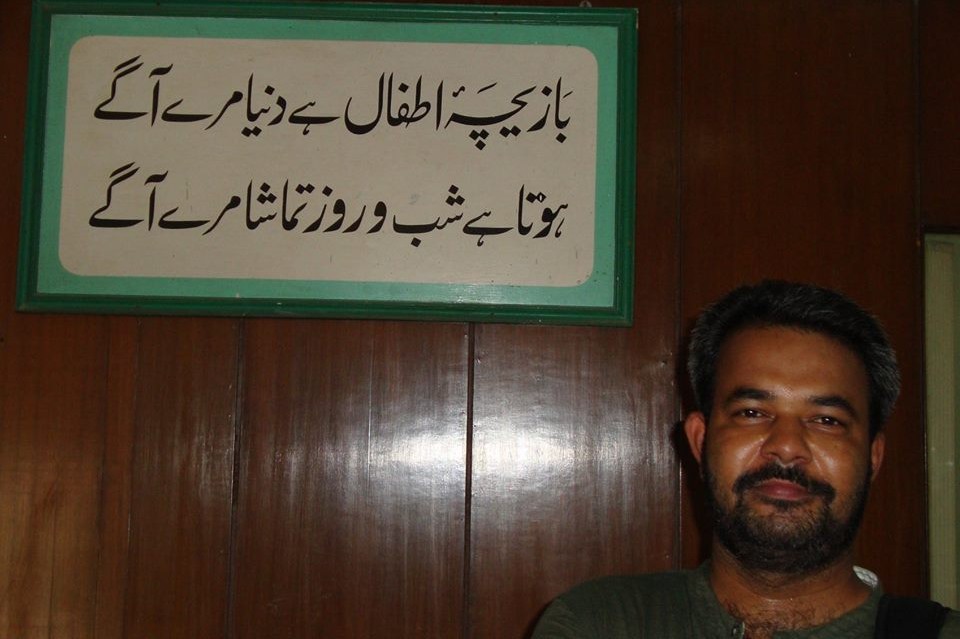
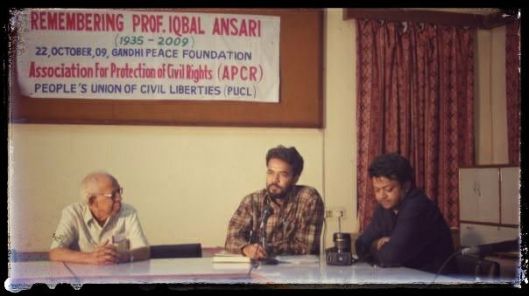
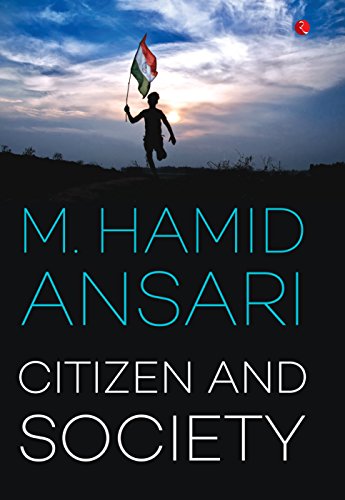
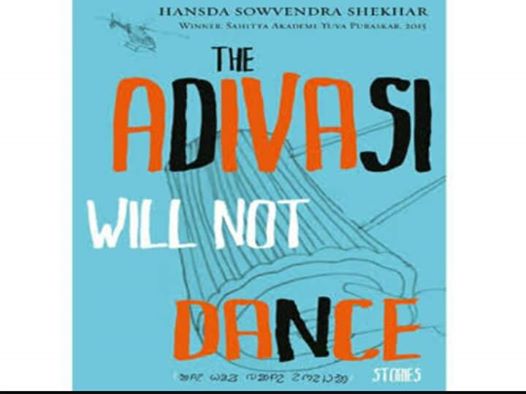
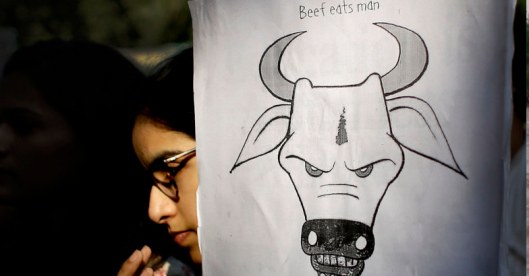
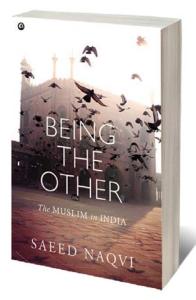
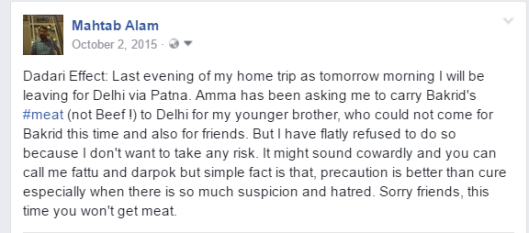 What I feared in October last year turned out to be a reality this year. Early on January 13, a
What I feared in October last year turned out to be a reality this year. Early on January 13, a 